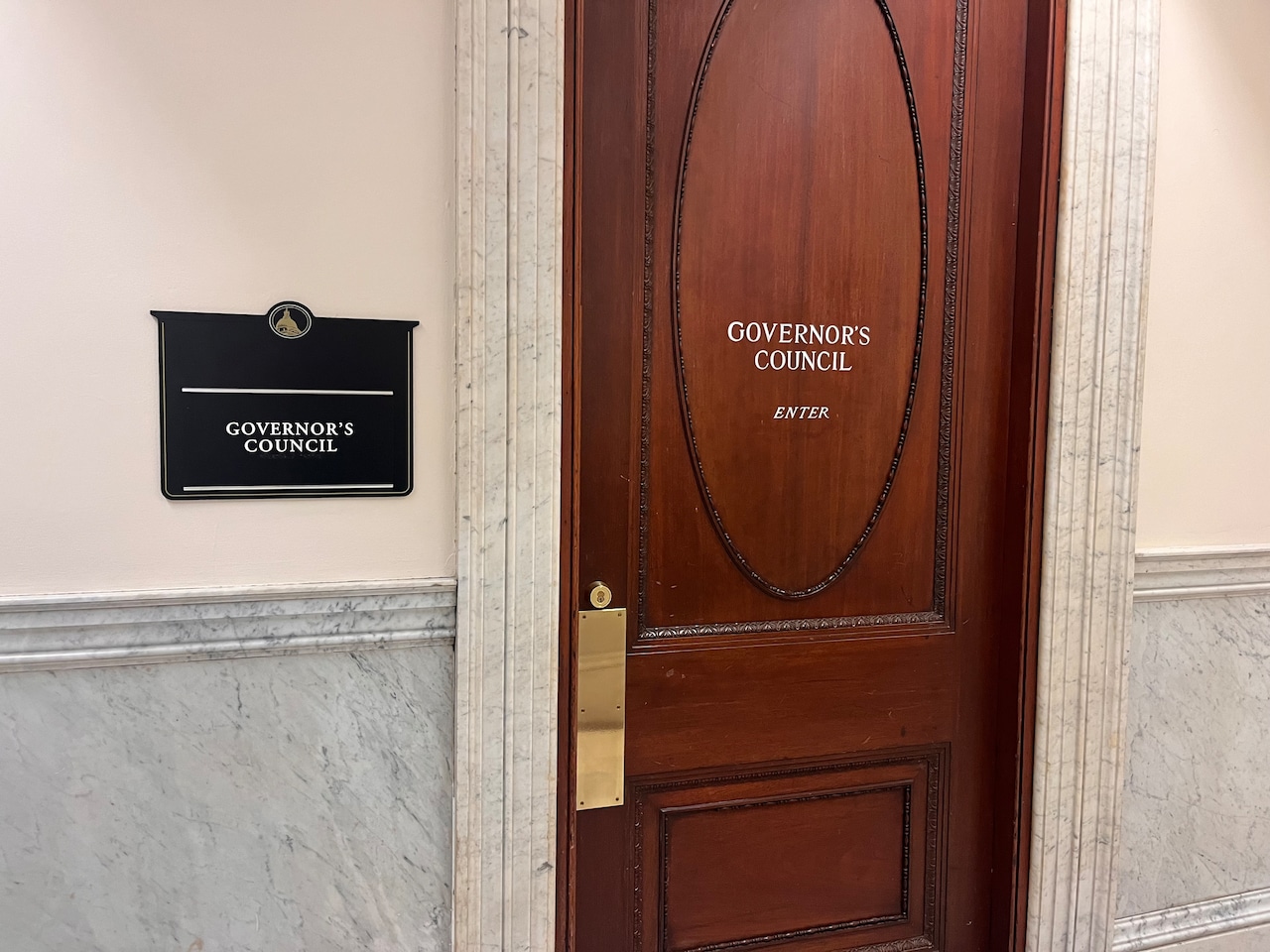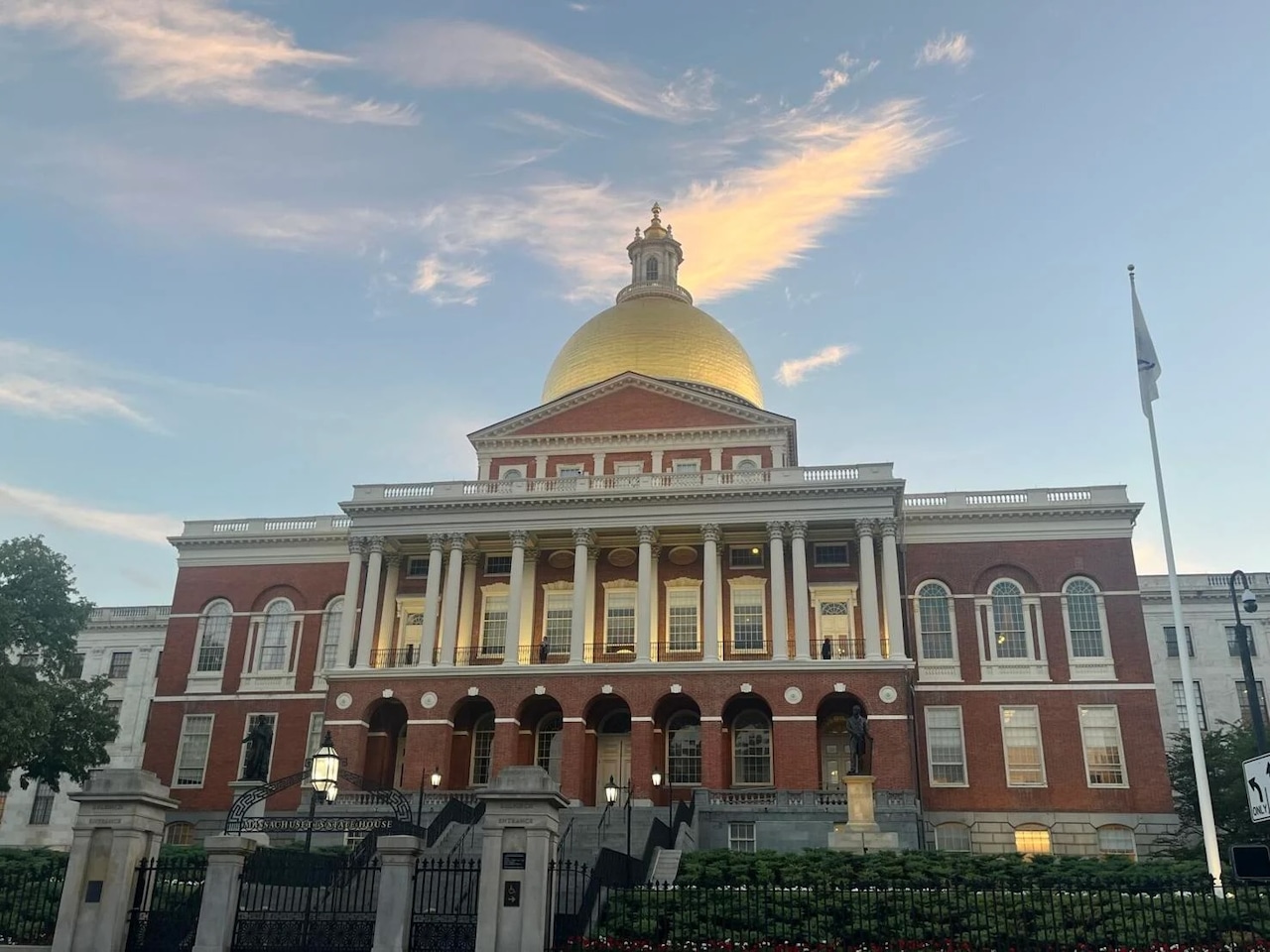Massachusetts residents voted widely in favor of allowing the state auditor to audit the state Legislature Tuesday night.
Ballot Question 1 allowed voters to decide whether the state auditor should have the authority to audit the Massachusetts Legislature. A yes vote supported specifying that the state auditor has the authority to audit the Massachusetts Legislature, while a no vote opted for no changes to state law.
As of 6:30 Wednesday morning, 71.5% voted yes on ballot Question 1, while 28.5% of the vote said no with 88% of the vote counted, according to unofficial tallies.
Massachusetts Auditor Diana DiZoglio was a strong proponent of the measure and pushed to collect enough signatures to place the question on the ballot.
“I am a believer in the power of government to do amazing things — to make life better for everyone, everywhere,” she said in a statement. “I have seen that power first hand, but I’ve also seen the work that remains to build a state government that lives up to its values. Tonight’s victory is an opportunity for all of us to look forward and work to make our legislature better. The people of Massachusetts want the equity, transparency and accountability that a legislative audit would bring, not because of division or partisan lines, but because of our great potential to push forward progress together.”
Seventy percent of respondents to a September WBUR/CommonWealth Beacon poll backed the ballot question.
But senior legislative leaders pushed back — hard — arguing that the Methuen Democrat, who’s a former lawmaker and onetime legislative staffer, doesn‘t have the authority to force them to crack open their books.
And they’re holding open the possibility of changing the question or even repealing it outright if Bay State voters give it the green light by the time the polls close on Election Day.
A court fight also remains an option.

Massachusetts State Auditor Diana DiZoglio at the SoWa Power Station in Boston on Election Day Nov. 5, 2024.(Sebastian Restrepo/MassLive)
Neil Morrison of the Committee for Transparent Democracy urged a yes vote in the 2024 state voter’s guide based on the fact that the state auditor is elected to audit every state entity with the goal of improving how our government functions, yet the Legislature is currently refusing to consent to such an audit. It is the only state entity to make such a refusal.
“The Massachusetts Legislature is continuously ranked as one of the least effective, least transparent legislatures in America and is one of only four legislatures that exempts itself from public records laws,” Morrison wrote. “Support for this initiative will help the State Auditor’s office shine a bright light on how taxpayer dollars are spent to help increase transparency, accountability and accessibility for the people of Massachusetts.”
While Morrison is correct that the Massachusetts Legislature is one of the few legislatures in the country that exempts itself from public records law, the Legislature has received both high and low transparency rankings in recent years.
Massachusetts was one of only four states to receive an “F” ranking on Open States’ 2013 Legislative Data Report Card. In 2015, it received a D rating for state integrity from The Center for Public Integrity.
But in 2016, U.S. Public Interest Research Group (PIRG) ranked it ninth in terms of public online information on government spending, giving it an A rating overall.
Central Connecticut State University political scientist Jerold Duquette argued for a “no” vote in the state voter’s guide, writing that he believes it would violate the separation of powers and legislative supremacy described in and required by the Massachusetts Constitution.
The state auditor is tasked with measuring state offices’ performance in achieving the public policy goals they’ve been tasked with as defined by the Legislature, Duquette wrote. If given the power the audit the Legislature, the auditor could substitute their own interpretation of those goals, compromising the independence and preeminence of the Legislature.
“If enacted, Question 1 would make the State Auditor into a political actor and a potentially influential participant in the legislative process, two roles that would clearly compromise the State Auditor’s ability to carry out her fundamental constitutional duty to conduct credible, independent, objective, and non-partisan audits of state government departments and programs,” he wrote.
Tréa Lavery contributed to this report.






